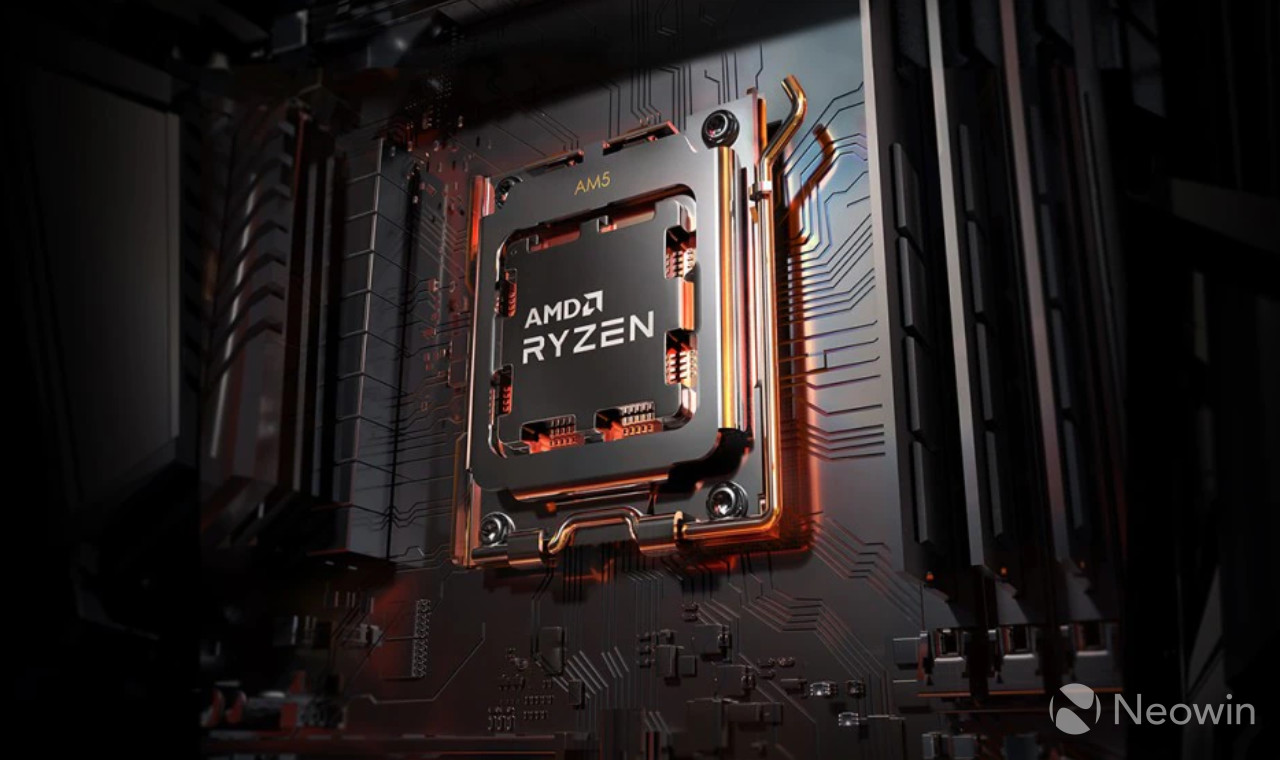AMD's motherboard vendor partners are starting to release the latest AGESA (Generic Encapsulated Software Architecture) firmware update with version 1.1.0.0. The new release brings improved support for the upcoming Phoenix desktop APUs (Accelerated Processing Units).
Although the description of the new AGESA firmware does not state this, at least not at the time of writing, Hardwareluxx editor Andreas Schilling ran the Ryzen SMU (System Management Unit) Checker to confirm this was the case.

As you can see in the image above, the AGESA 1.1.0.0 firmware of the Asus ROG Crosshair X670E Hero board (BIOS version 1802) reveals the support for Ryzen 7000 "Phoenix" desktop APUs. The information was added fairly recently too as the date notes October 24, 2023.
With vendors slowly starting to roll the firmware out, it looks like AMD may be targeting the CES 2024 time frame for the announcement of these parts, with wider availability gradually picking up by the end of the end of the quarter (Q1 2024).
While all of AMD's socket AM5 processors have onboard graphics, a two compute unit (CU) RDNA 2 part, the company does not refer to these as APUs and has stated in the past that the latter will have more beefy integrated graphics as a result of higher CU count. It is expected that there will be 12 CUs on the flagship desktop Ryzen AM5 APU just like it is the case on mobile.
This means they will have to more heavily depend on the bandwidth provided by the system memory compared to the 2CU iGPs we have now. This should not be much of a problem as AMD also started supporting faster DDR5 frequencies with a July AGESA update.
However, despite supporting faster speeds, DDR5 on AM5 continues to be unstable from time to time. The main culprit often seems to be memory training which leads to severely slow boot times despite notable updates.
Neowin friend and colleague Steven Parker had the issue recently when their ASRock X670E Steel Legend board would memory train every time the system cold booted. After refraining from updating to the 1.30.AS05 beta BIOS that fixes EXPO and XMP-related issues, they eventually did; and thankfully, the problem was resolved.
This BIOS version has been in beta for far too long it seems even though it is such an important release. In ASRock's defense, testing and validating every memory kit on the memory QVL (qualified vendor list) must take a lot of time so it is sort of understandable why it is yet to be final.
Fixing the memory training bug is also important for the upcoming APUs' release as these are typically mid-range offerings that are purchased by consumers who are likely not going to be as patient as enthusiasts.



3175x175(CURRENT).thumb.jpg.b05acc060982b36f5891ba728e6d953c.jpg)
Recommended Comments
There are no comments to display.
Join the conversation
You can post now and register later. If you have an account, sign in now to post with your account.
Note: Your post will require moderator approval before it will be visible.